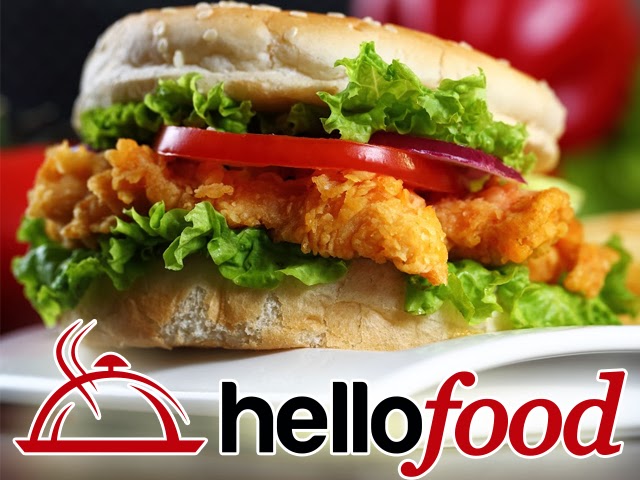Sometime last year, an internet start up, Hellofood Uganda launched. Their propositions to foodies was simple, that you could order for food from reputable restaurants around Kampala for home or otherwise office delivery. They some how managed to convince a sizable number of restaurants to sign onto their service including, Maurice Kirya’s sound cup. Soon it went into a media buy frenzy in an attempt to recruit users. I do not have the information on how many orders they take per day nor if the venture is profitable (yet). However I have spent a significant amount of time talking to restaurant owners who are also my friends along with consumers of the service and this is an echo of why I am weary that the venture might not have been a such a great idea right from the start.
First, they are not enhancing the food experience. There is just something magical about taking a girl out to a restaurant on a Friday night after catching a movie. And this is so much more about the experience than it is of the food itself. From the ambiance, to the customer care make up centuries worth of expected experience from the act of “eating out” and the amount of happiness that it is associated with. This is the initial issue that the company is going to realize that it is going to have to work against which could in turn yield to low adoption numbers.
Because, lets face it, when I want to eat, I want to get myself something to munch there and then. It is far less likely that I will have the patience to wait a hour for my order or put up with the delivery guy who just cant get directions right for that matter.
Second, the company will soon realize that most of the food ordered online is fast food, which could quickly become soggy if its not eaten straight off the stove. The other day I was reading an article on the kind of things you do not want delivered to your house and fast foods made the list. Which means, we can essentially deduct that the service that Hellofood delivers is a second rate experience to the real thing. Soon customers will realize that it is far better to spend a few more minutes and money to drive down to the food joint to pick up their own food than it is to have flavorless food delivered to their doorstep.
Third, the relationship between restaurants and Hellofood is likely to hit the rocks, pretty fast. You see at first, restaurants signed on to this service because Hellofood promised to increase their sales by providing an online platform that made restaurant menus available online so that a customer could choose from a number of them. Essentially, Hellofood’s strong selling point is making the menus of a number of restaurants available so that the customer has more options to choose from and this in itself is the first mistake because it clutters the service. When a customer is spoilt of choice, they are more likely to forego the whole purchase all together.
Soon the restaurants will realize that they do not have as much control over the customer experience because Hellofood provides the online service while the restaurants, the product plus delivery. Which means, if an order for a customer does not arrive, a customer will not be in position to know for sure who to hold accountable between the restaurant or Hellofood, which in turn will lead to strained relations on both sides.
A friend of mine who is the PRO for a high end hotel revealed to me that the reason they are not signed onto the service is because they would like to have more control over the whole process and experience, so that their brand is not in any way compromised by a third party.
Discover more from Dignited
Subscribe to get the latest posts sent to your email.












